Bengaluru: As the cases are increasing which is impacting hospitalisation, the state government is borrowing the strategy of Mumbai and is looking at the ‘assess, triage & transfer and management’ plan to conduct ward level assessment on a treatment plan, whether patients require home care or admission into hospital.
Revenue Minister, N Manjunath Prasad is heading the team which is created to implement the strategy to manage patients and reduce deaths.
Prasad informed that BBMP had implemented last year too but as the cases decreased then, it was not put into force.
Now, he had discussions with the experts and work will soon begin at the ward level. Prasad said, “Once we assess vulnerable populations and triage (decide the order of treatment), we can manage the situation better. Each ward will have a triage coordinator and volunteers.” A note regarding the implementation of the ATM strategy highlights that ward-level triage is a successful intervention in many cities, including Mumbai.
The note read, “There’s a delay in informing patients about test results due to the centralised ICMR process, followed by BU (Bengaluru Urban) number generation process. However, ward level PHC gets to know the results much before ICMR releases it to the central call centre in Bengaluru. This is when triage can begin.”
So as to release results on time and to prevent panic, positive cases will be relayed to the triage coordinator instantly by the PHC throughout the day. The triage coordinator will assign numbers to relevant citizen volunteers.
The note reads, “A subset of citizen volunteers to be trained to do triage, how to detect cases that can be treated at home, that need to be sent to isolation centres and those that need ICU admission. For each of the positive cases, one of the four outcomes are to be expected: home isolation, isolation at Covid care centre, hospital admission and ICU admission.”
It is necessary that the triage volunteers have information about the submission of request for bed using the central allocation system with it without BU number. They must see to it that all primary contacts are tested immediately and inquire about ILI/SARI symptoms for anyone who came in contact with the patient. They must also know about the ambulance for pick up as needed.
The plan also includes setting up of command centres at ward level, which will distribute pulse oximeters and thermometers in slums and other localities with no access to such devices. The note says, “Training must be given on proper usage. Must ensure there are posters about prone position in multiple languages, provision for off-thecounter medicine like paracetamol, vaccination-related information, booklets, myth busters and locations of vaccination centres.”















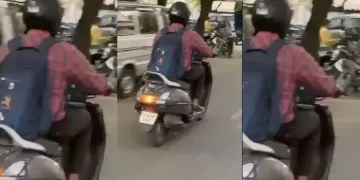


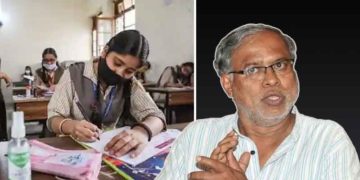

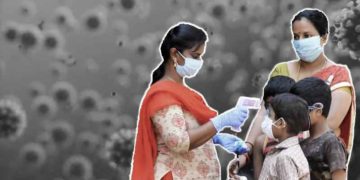
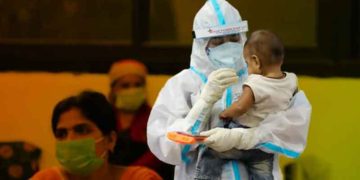
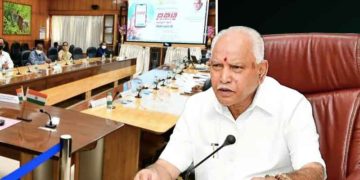




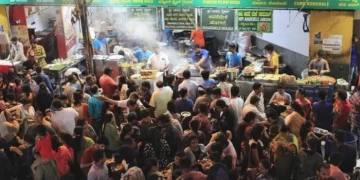






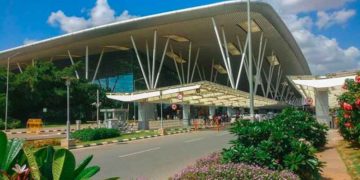





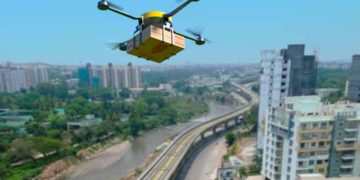






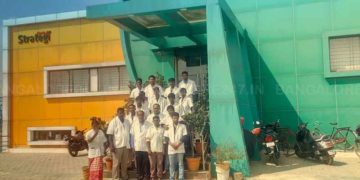








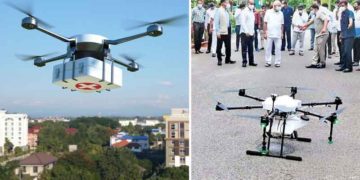
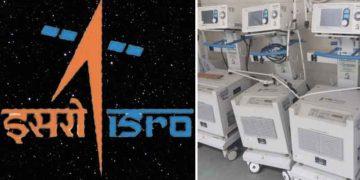
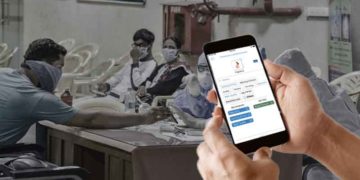


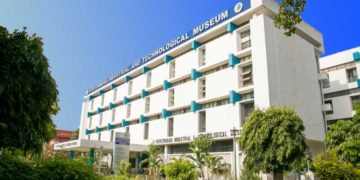



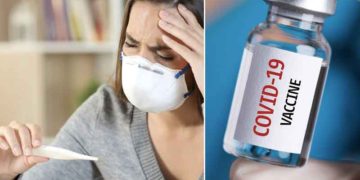
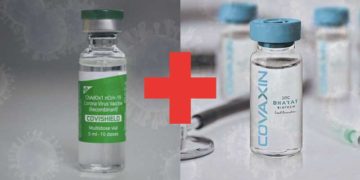

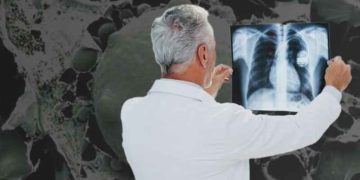
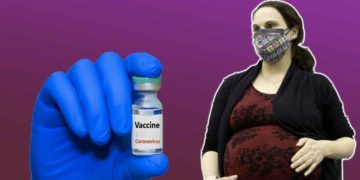

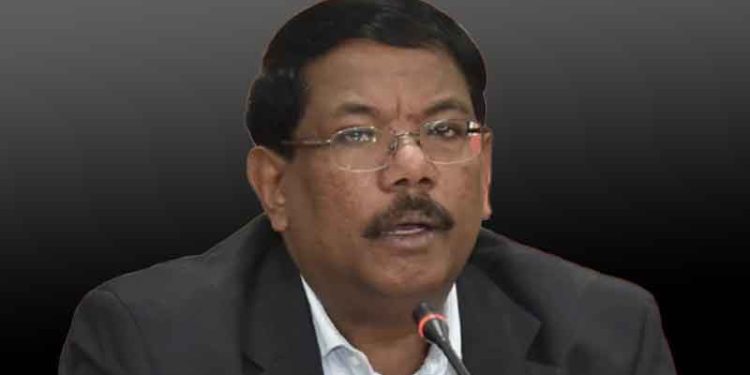

Discussion about this post